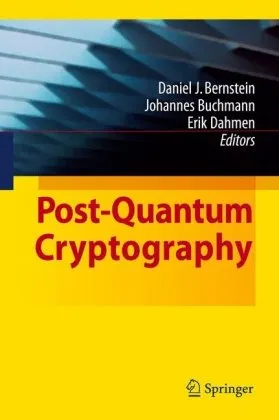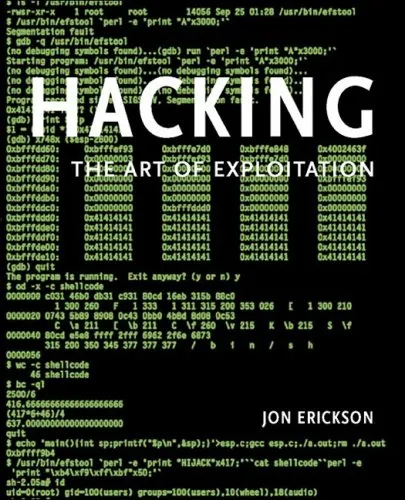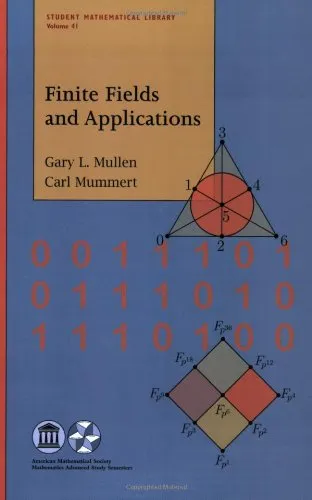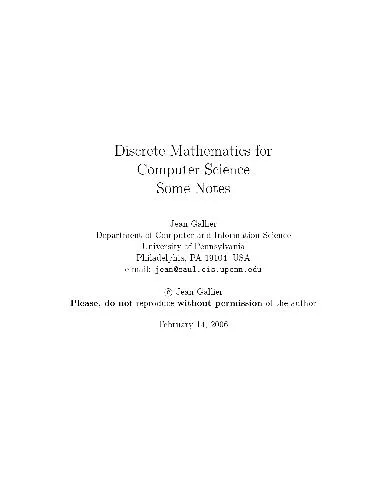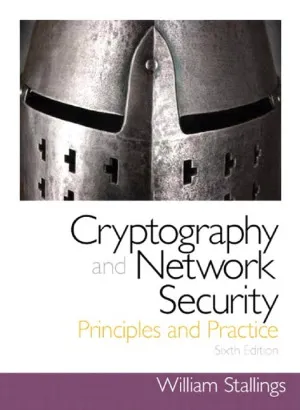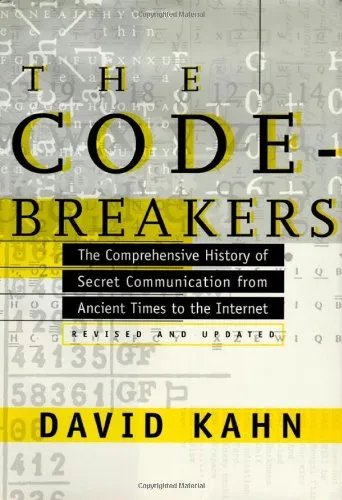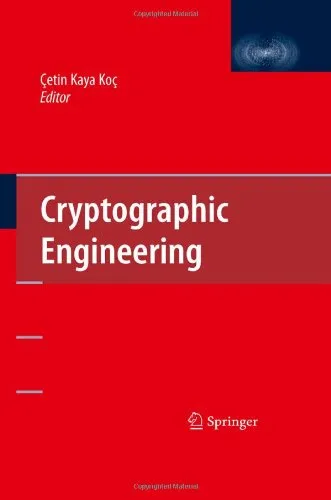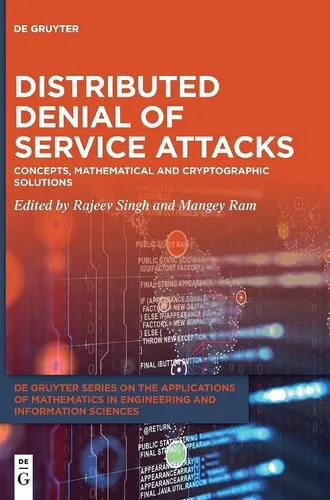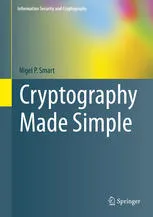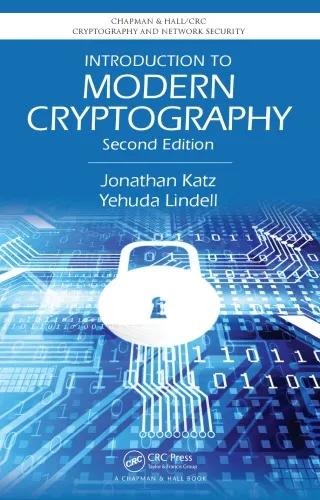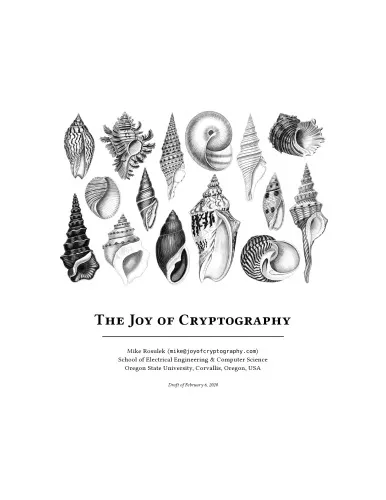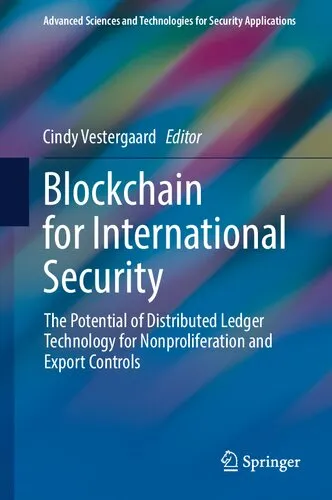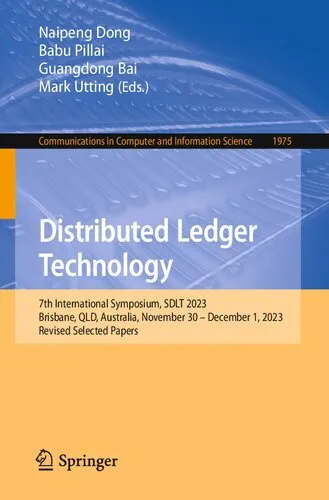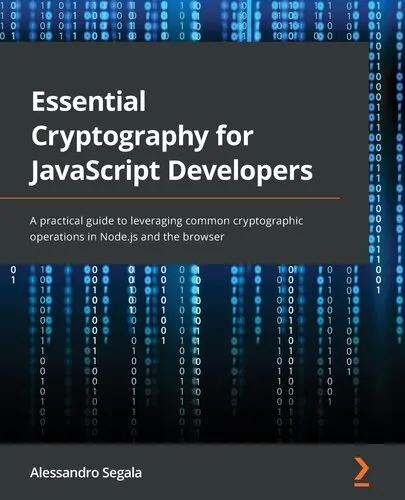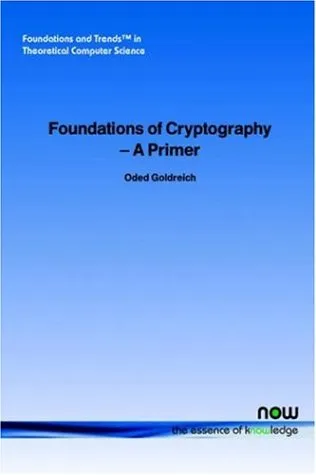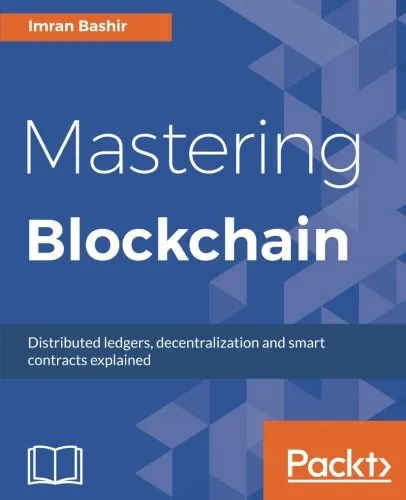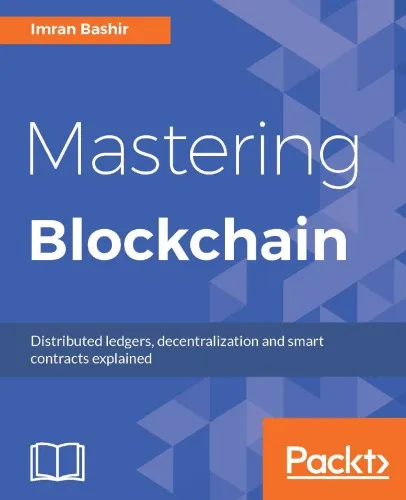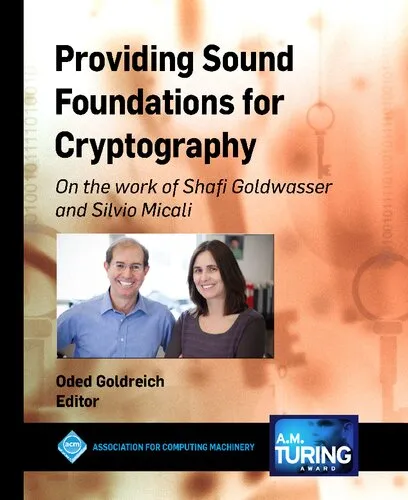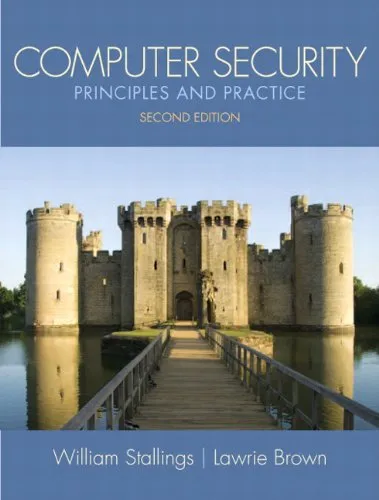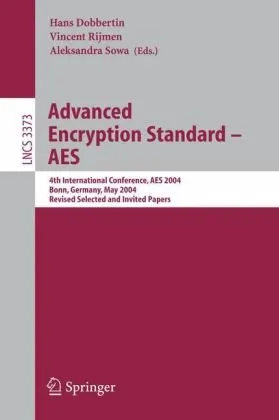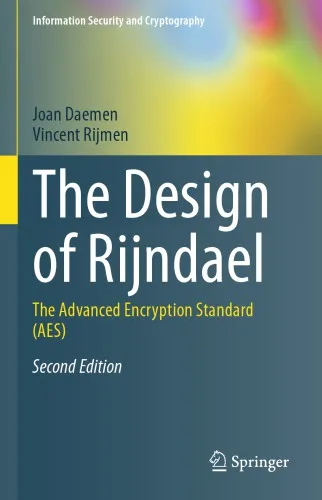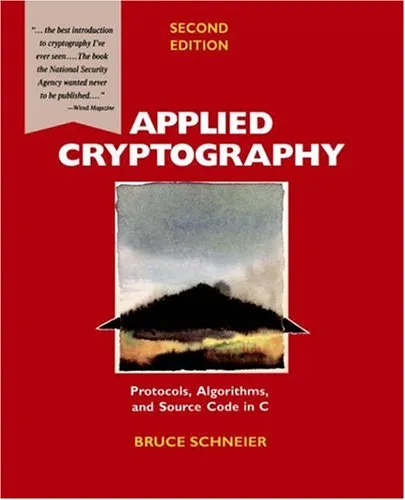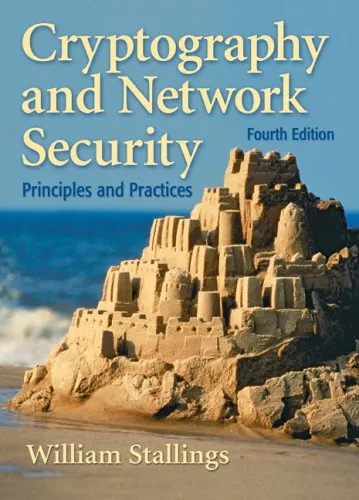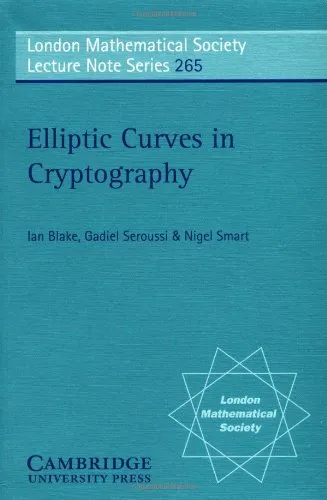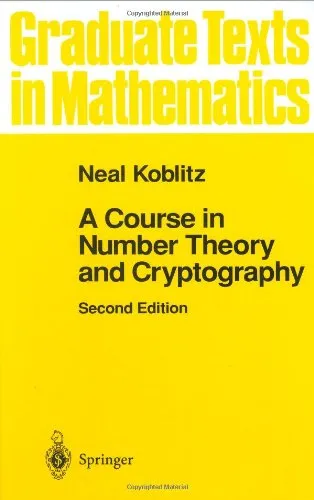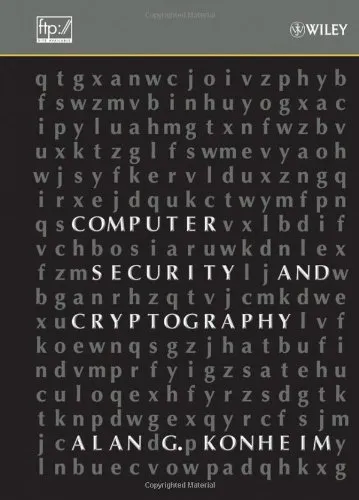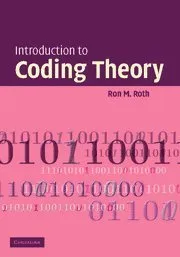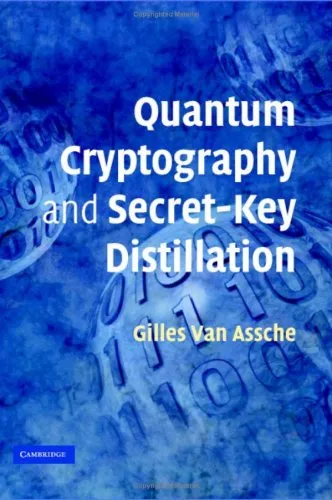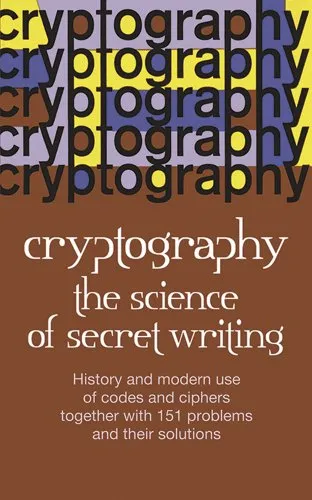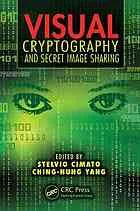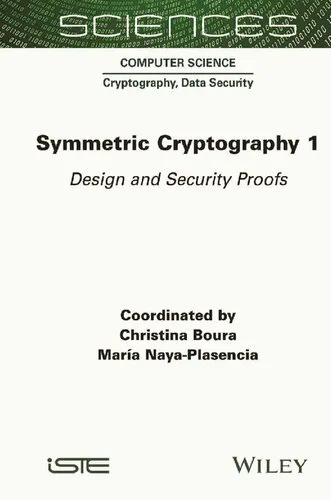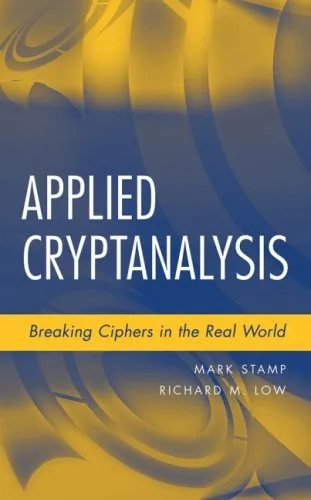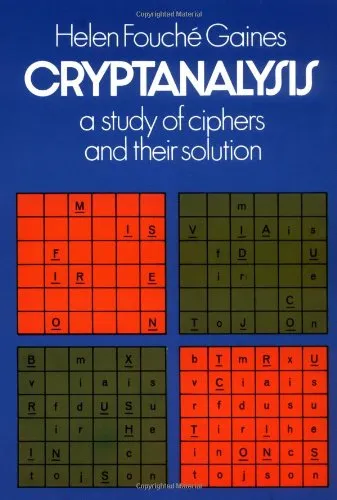Post-Quantum Cryptography
4.5
بر اساس نظر کاربران

شما میتونید سوالاتتون در باره کتاب رو از هوش مصنوعیش بعد از ورود بپرسید
هر دانلود یا پرسش از هوش مصنوعی 2 امتیاز لازم دارد، برای بدست آوردن امتیاز رایگان، به صفحه ی راهنمای امتیازات سر بزنید و یک سری کار ارزشمند انجام بدینکتاب های مرتبط:
معرفی کتاب "Post-Quantum Cryptography"
کتاب "Post-Quantum Cryptography" نوشته دانیل جی. برنشتاین، یوهانس بوخمان و اریک دهمن یکی از برجستهترین و کاملترین منابع در حوزه رمزنگاری مقاوم در برابر کامپیوترهای کوانتومی است. این کتاب به بررسی تکنیکها، طراحیها و الگوریتمهایی میپردازد که میتوانند در برابر تهدیدات ناشی از قدرت پردازشی بیسابقه ماشینهای کوانتومی ایمن بمانند. در این مقدمه، به معرفی جامع کتاب، اهداف آن، و اهمیت آن در دنیای مدرن میپردازیم.
خلاصهای جامع از کتاب
این کتاب با ارائه توضیحات پایهای درباره کامپیوترهای کوانتومی و نحوه عملکرد آنها آغاز میشود. نویسندگان ابتدا خواننده را با مفاهیم اساسی مانند الگوریتم Shor و Grover آشنا میکنند که نشان میدهند بسیاری از پروتکلهای رمزنگاری کلاسیک مانند RSA یا ECC دیگر در برابر چنین فناوریهایی اثربخشی ندارند. سپس، کتاب وارد دنیای راهحلهای رمزنگاری post-quantum میشود.
در هر فصل، دانش عمیقی درباره روشهای جایگزین مانند Lattice-based Cryptography، Code-based Cryptography، Multivariate Quadratic Equations و Hash-based Cryptography ارائه میشود. علاوه بر این، فناوریهای مهم دیگری که به عنوان کاندیداهای رمزنگاری post-quantum پیشنهاد شدهاند نیز بهطور دقیق بررسی شدهاند. این کتاب بهعنوان راهنمایی جامع، نه تنها نظریه پشت این الگوریتمها را تشریح میکند، بلکه پیادهسازی و مزایا و معایب هر کدام را نیز بررسی مینماید.
هدف کتاب این است که جامعه رمزنگاری را برای آیندهای که ممکن است کامپیوترهای کوانتومی به واقعیت تبدیل شوند آماده کند و یک راهنمای عملی باشد برای محققان، دانشجویان و متخصصان این حوزه.
نکات کلیدی کتاب
- آگاهی عمیق از تهدیدات کامپیوترهای کوانتومی و تاثیر آن بر امنیت رمزنگاری مدرن.
- بررسی دقیق الگوریتمهای رمزنگاری post-quantum شامل Lattice-based Cryptography و Hash-based Cryptography.
- ارائه تمرینهای عملی و شبیهسازیهایی برای درک بهتر سازوکار این تکنیکها.
- تجزیه و تحلیل قابلیت پیادهسازی و کارایی هر یک از الگوریتمهای معرفیشده.
- مرجع کاملی برای متخصصین امنیت سایبری، تحلیلگران و محققان حوزه رمزنگاری.
جملات معروف از کتاب
نویسندگان کتاب"The future of cryptography does not belong to just one algorithm, but to a bouquet of diverse approaches capable of thwarting quantum adversaries."
دانیل ج. برنشتاین"While quantum computers challenge the status quo, they also push us towards unprecedented innovation in cryptography."
چرا این کتاب اهمیت دارد؟
در عصر کنونی که اطلاعات بهعنوان گنجی ارزشمند در دنیای دیجیتال شناخته میشود، امنیت آن نقشی بیبدیل دارد. کامپیوترهای کوانتومی که روزگاری تنها در حد تئوری بودند، حالا به واقعیت نزدیکتر شده و تهدیدی جدی برای فناوریهای امنیتی فعلی محسوب میگردند. این کتاب نهتنها یک منبع علمی و آموزشی پیشرفته است، بلکه نقشی حیاتی در آمادهسازی متخصصان امنیت در برابر این خطرات ایفا میکند.
نویسندگان کتاب با درک عمیق از موضوع، توانستهاند اثری خلق کنند که بخشی از جریان پیشروی تحقیقات رمزنگاری post-quantum باشد. استفاده از این کتاب میتواند باعث شود که هم افراد آکادمیک و هم متخصصان صنعت توانایی لازم برای توسعه و بهکارگیری سیستمهای مقاوم در برابر حملات کوانتومی را کسب کنند.
Introduction to Post-Quantum Cryptography
In an era where the emergence of quantum computing threatens to unravel traditional cryptographic systems, Post-Quantum Cryptography stands as an essential guide for researchers, engineers, and decision-makers navigating this critical transition. Written by experts Daniel J. Bernstein, Johannes Buchmann, and Erik Dahmen, this book provides a comprehensive exploration of cryptographic techniques designed to withstand the computational power of quantum computers.
The science of cryptography has long driven advancements in secure communication and data protection. With traditional methods—such as RSA, ECC, and DSA—becoming vulnerable in a post-quantum world, a new paradigm in cryptographic research has emerged. This book offers an authoritative roadmap for addressing the challenges and opportunities posed by this changing technological landscape.
Detailed Summary of the Book
Post-Quantum Cryptography delves deep into the realm of cryptographic algorithms that are secure against quantum attacks. The book is divided into thematic sections covering an introduction to quantum computing, an explanation of quantum threats to existing cryptographic protocols, and a detailed exploration of quantum-resistant algorithms. It also includes perspectives on standardization efforts and practical implementation strategies for these algorithms.
Each chapter is designed to balance theoretical concepts with practical applications, ensuring readers can apply what they’ve learned in real-world scenarios. The authors introduce mathematical foundations where necessary, breaking down complex ideas into comprehensible explanations. Through examples and case studies, the book elaborates on how cryptographic primitives—like lattice-based cryptography, multivariate quadratic systems, hash-based signatures, and code-based protocols—can be implemented to secure communications in a quantum future.
To make the content approachable, the authors carefully contextualize the material without oversimplifying the science. Whether you're a graduate student, a practicing cryptographer, or a policymaker, this book equips you with the tools and insights to grasp post-quantum cryptography's complexities and its implications for digital security.
Key Takeaways
- The threat posed by quantum computers to traditional cryptographic systems such as RSA and ECC is real and urgent.
- Post-quantum cryptographic systems rely on different mathematical problems for their security, including lattice-based approaches and multivariate quadratic equations.
- Hash-based signatures and code-based cryptography offer viable alternatives to current cryptographic protocols.
- Global efforts, including standardization projects like NIST's Post-Quantum Cryptography Standardization, aim to streamline the selection of future-proof algorithms.
- Post-quantum cryptography is not just a scientific challenge but also a societal and economic one, as secure communication underpins trust and functionality in modern systems.
Famous Quotes from the Book
“Quantum computing doesn't just ask us to think faster—it asks us to think differently about the mathematics of security.”
“Cryptography's resilience has always been measured by its ability to adapt, and post-quantum cryptography is its greatest test yet.”
“Designing systems that last in a post-quantum era is not merely a technological objective but a profound responsibility in securing the future of digital trust.”
Why This Book Matters
The advent of quantum computers heralds a paradigm shift in cryptography, rendering current protocols obsolete. This growing reality sets the backdrop for Post-Quantum Cryptography, making it a vital resource for understanding and navigating the shift toward quantum-resistant security systems. The book’s relevance cannot be overstated in a world where data breaches pose significant risks to individuals, businesses, and governments alike.
What sets this book apart is its comprehensive approach—bridging the gap between foundational theory and its implications for practical applications. The authors’ expertise and foresight make it not just a textbook but a cornerstone in the field of cryptographic research and development. It empowers readers with the knowledge and tools necessary to start developing and implementing systems resilient to quantum computing's impact.
In an age when secure communication is central to modern life—whether for e-commerce, healthcare, finance, or national security—understanding post-quantum cryptography has never been more critical. This book equips its audience to face the inevitable challenges ahead, making a compelling case for its inclusion in academia, industry, and policymaking circles.
دانلود رایگان مستقیم
شما میتونید سوالاتتون در باره کتاب رو از هوش مصنوعیش بعد از ورود بپرسید
دسترسی به کتابها از طریق پلتفرمهای قانونی و کتابخانههای عمومی نه تنها از حقوق نویسندگان و ناشران حمایت میکند، بلکه به پایداری فرهنگ کتابخوانی نیز کمک میرساند. پیش از دانلود، لحظهای به بررسی این گزینهها فکر کنید.
این کتاب رو در پلتفرم های دیگه ببینید
WorldCat به شما کمک میکنه تا کتاب ها رو در کتابخانه های سراسر دنیا پیدا کنید
امتیازها، نظرات تخصصی و صحبت ها درباره کتاب را در Goodreads ببینید
کتابهای کمیاب یا دست دوم را در AbeBooks پیدا کنید و بخرید
1438
بازدید4.5
امتیاز0
نظر98%
رضایتنظرات:
4.5
بر اساس 0 نظر کاربران
Questions & Answers
Ask questions about this book or help others by answering
No questions yet. Be the first to ask!
